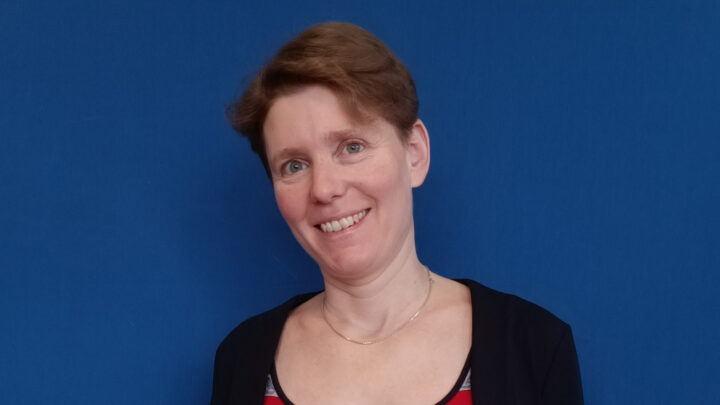Invest visitor: Anna Naszodi
In the “INVEST visitors” series, we present visiting professors and fellows who have arrived at the flagship INVEST. This time we are introducing Anna Naszodi, Founding Director of the International Demographic Inequality Lab (IDIL).
My name is Anna Naszodi. I feel honored to be a Visiting Fellow at the INVEST Research Flagship Centre in February and March, 2025, thanks to the kind invitation of Marika Jalovaara. I look forward to collaborating with her and other researchers at the University of Turku during my stay.
I am the founding director of the International Demographic Inequality Lab (IDIL) and an honorary member of the Centre for Economic and Regional Studies (KRTK). Previously, I worked at the European Commission’s Joint Research Centre, the Central Bank of Hungary, and during a summer at the Riksbank (the Central Bank of Sweden).
I hold a Ph.D. from the Central European University and was awarded a scholarship to study at the University of Toronto during my doctoral studies.
My research interests span demographic economics, international macroeconomics and finance, banking and finance, and applied econometrics. Out of these areas, I was invited to collaborate on topics related to demographic economics. So, in Turku, I will have my demographic economist hat on.
I am the author of the forthcoming book New Methods for Measuring Inequality by Analyzing Assortative Mating (to be published in The Springer Series on Demographic Methods and Population Analysis), as well as several research papers published in peer-reviewed journals such as the Journal of Demographic Economics, International Journal of Central Banking, and Journal of International Money and Finance.
As a senior researcher with extensive experience in policy institutions, I am committed to bridging research and policy. With this focus, my works have been featured in VoxEU and The New York Times. I have also contributed to knowledge dissemination by editing a Wikipedia page and I work on completing an online course based on my book. I feel proud about the impact of my research on policy and look forward to further contributing shaping policy — whether indirectly by mentoring young scholars whose work will influence policy or directly by shaping policy myself.

